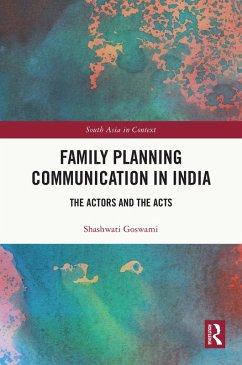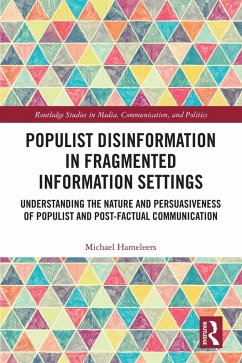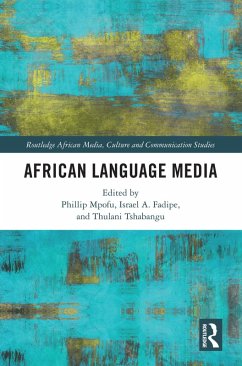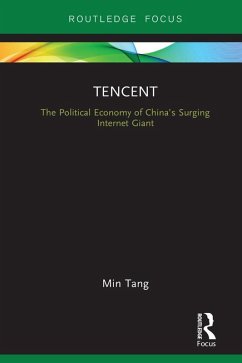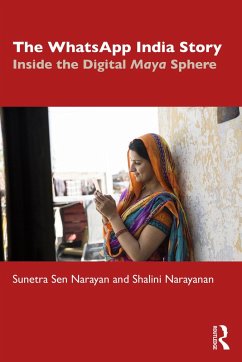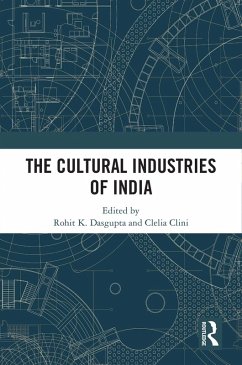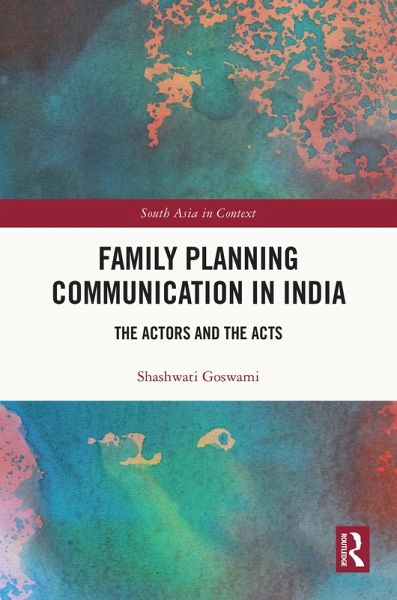
Family Planning Communication in India (eBook, ePUB)
The Actors and the Acts
Versandkostenfrei!
Sofort per Download lieferbar
39,95 €
inkl. MwSt.
Weitere Ausgaben:

PAYBACK Punkte
20 °P sammeln!
This book is the first systematic study on the historiography of the family planning communication process in India. It traces the history of the development of a highly technical health communication process.It discusses how the discourse on India's population problem was at the heart of the development dialogue which was being promoted by the British colonial administration. The book examines the role of the censuses and the Five-Year plans in the development of the discussion on the population 'explosion' in India. Also, it critically discusses the role of the Ford Foundation's leadership i...
This book is the first systematic study on the historiography of the family planning communication process in India. It traces the history of the development of a highly technical health communication process.
It discusses how the discourse on India's population problem was at the heart of the development dialogue which was being promoted by the British colonial administration. The book examines the role of the censuses and the Five-Year plans in the development of the discussion on the population 'explosion' in India. Also, it critically discusses the role of the Ford Foundation's leadership in institutionalising the communication process in India. The book essentially argues that population control communication enabled the ideas of a homogenised nation, an 'ideal' Indian woman and an 'ideal' Indian family. This, in turn, led to the obliteration of cultural, ethnic, geographical and economic specificities of India as a country.
The volume will be of great interest to scholars and researchers of public policy, media and communication studies, Indian politics, modern Indian history and South Asian Studies.
It discusses how the discourse on India's population problem was at the heart of the development dialogue which was being promoted by the British colonial administration. The book examines the role of the censuses and the Five-Year plans in the development of the discussion on the population 'explosion' in India. Also, it critically discusses the role of the Ford Foundation's leadership in institutionalising the communication process in India. The book essentially argues that population control communication enabled the ideas of a homogenised nation, an 'ideal' Indian woman and an 'ideal' Indian family. This, in turn, led to the obliteration of cultural, ethnic, geographical and economic specificities of India as a country.
The volume will be of great interest to scholars and researchers of public policy, media and communication studies, Indian politics, modern Indian history and South Asian Studies.
Dieser Download kann aus rechtlichen Gründen nur mit Rechnungsadresse in A, B, BG, CY, CZ, D, DK, EW, E, FIN, F, GR, HR, H, IRL, I, LT, L, LR, M, NL, PL, P, R, S, SLO, SK ausgeliefert werden.




